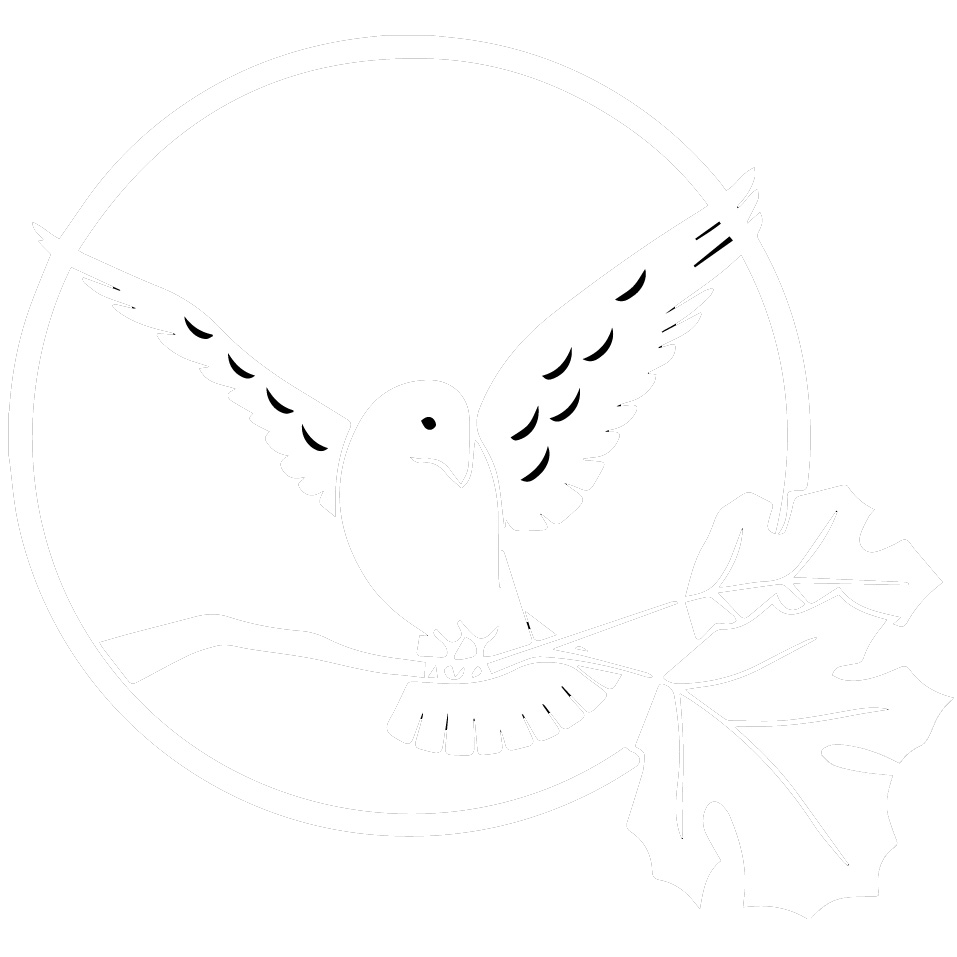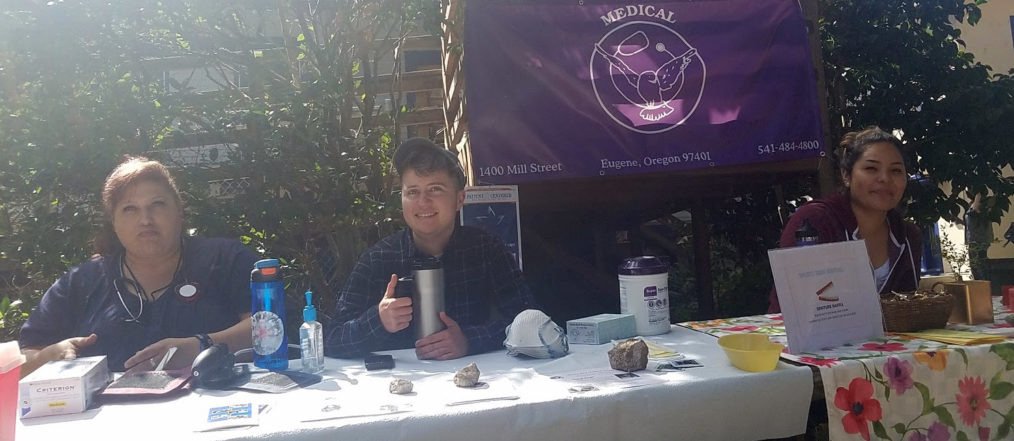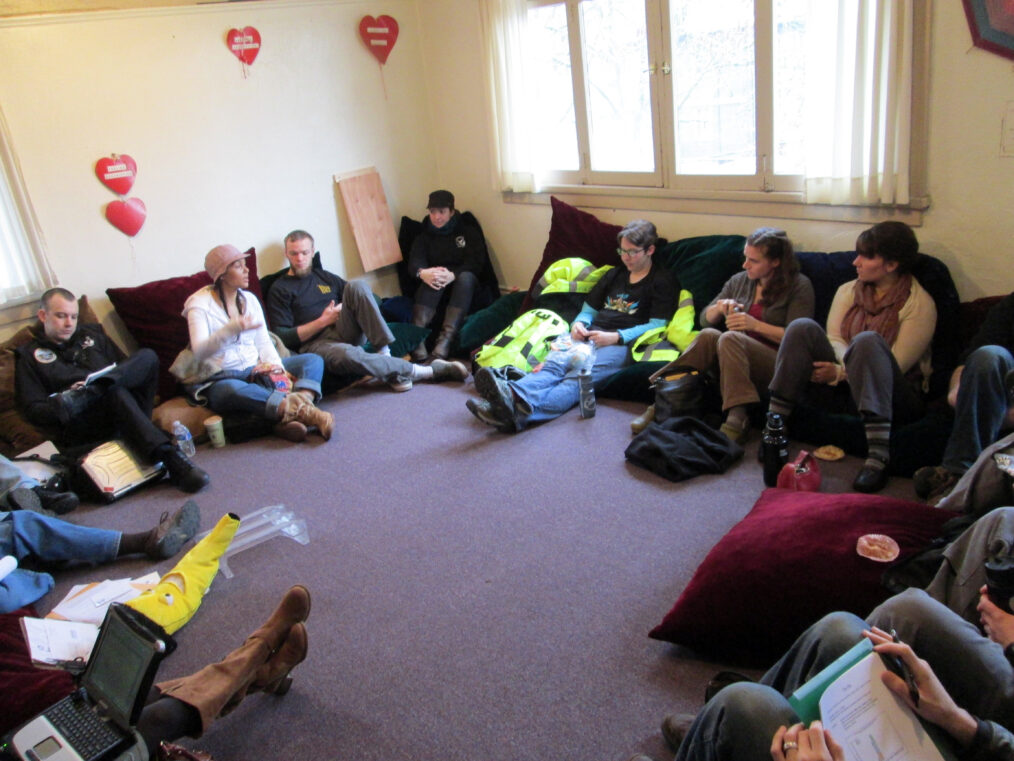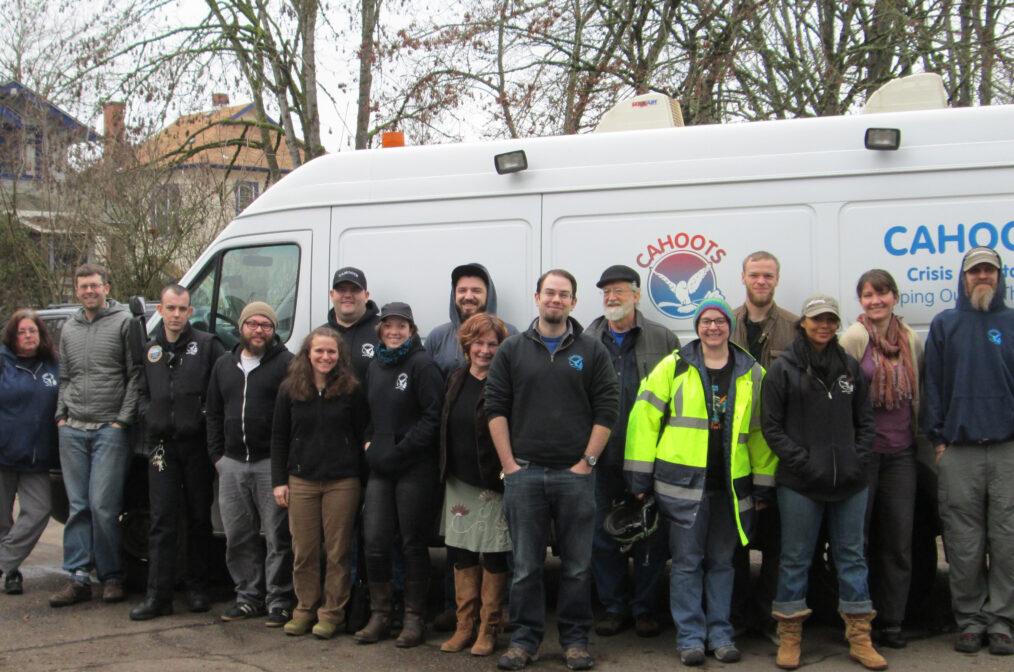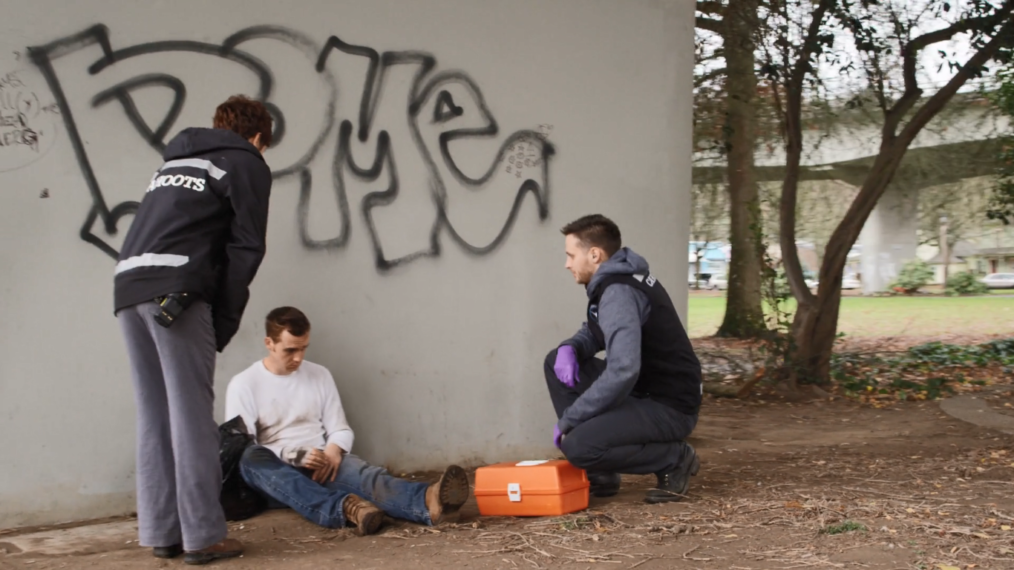We provide speakers for small and large groups to educate the community on our services, share our experience in Lane County, and provide resources to respond to crisis. Talks are customized to meet the need of the agency or organization. We table throughout the community promoting health and wellness services.
To request a speaker for your group, White Bird prefers requests submitted 4-6 weeks before the event. The request process is handled online through the Speaker Request Form below. The form will ask you for basic information about the event (date, time, location, etc.) that will be needed to process your request. When you press “submit,” the completed form will automatically be sent to us. We will follow up with you about your request once it has been reviewed. Thank you for your interest!
